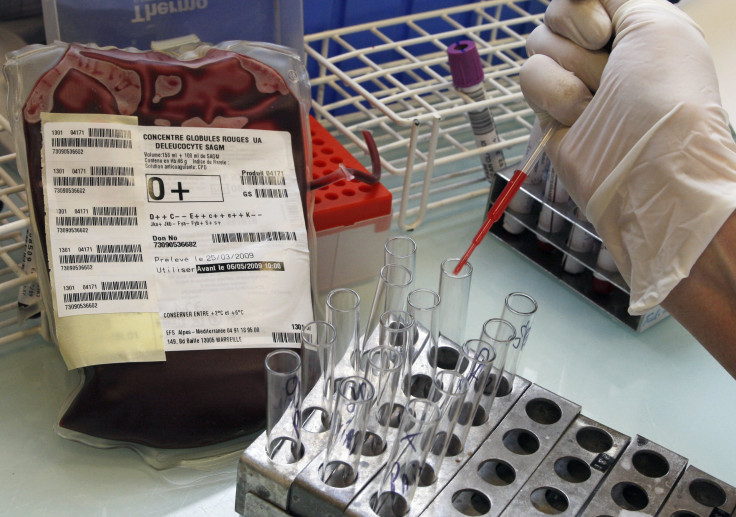Biomarker CA125: New Screening Method For Ovarian Cancer Identifies More Cases

According to research, the new screening method for ovarian cancer that tracks changing levels of a protein in the blood has the capability to detect twice as many ovarian cancers when compared with the conventional methods of screening. The new technique statistically calculates the level of protein called CA125 in the blood and interprets the variations.
CA 125 (CA: cancer antigen) is a tumour marker or a biomarker which is protein in nature and is found in greater concentration only in tumour cells than in other types of cells in the body. In about 90 percent of women, which in advanced stage of ovarian cancer show elevated levels of CA-125 in their blood serum, CA-125 is the most effective diagnostic tool for detecting ovarian cancer after the onset of symptoms.
The world’s largest trail carried out for ovarian cancer screening, led by University College London, or UCL, recruited 202,638 post-menopausal women in the age group of 50 years and above who were randomly assigned different screening strategies.
A blood test was carried out on these participants once a year to estimate the levels of CA125 and via a computer programme the risk of ovarian cancer based on factors, including age, the original level of the protein, and how that level changed over time, was predicted. The trial also compared two diagnostic techniques, multimodal screening involving the CA125 blood test and transvaginal ultrasound.
The study, published in the Journal of Clinical Oncology, was successful in diagnosing ovarian cancer in 86 percent of women with invasive epithelial ovarian cancer. When taken into account the results from previous studies and clinical trials, the standard test for detecting ovarian cancer would have been expected to identify fewer than half of these women.
To this, Prof Usha Menon, the co-principal investigator and trial co-ordinator at UCL, expresses her views by saying, “There is currently no national screening programme for ovarian cancer, as research to date has been unable to provide enough evidence that any one method would improve early detection of tumours. These results are therefore very encouraging. They show that use of an early detection strategy based on an individual’s CA125 profile significantly improved cancer detection compared to what we’ve seen in previous screening trials.”
Prof Ian Jacobs, president of the University of New South Wales in Australia, the trial’s chief investigator, says, “Our findings indicate CA 125 can be an accurate and sensitive screening tool, when used in the context of a woman’s changing pattern of CA125 over the time. What’s normal for one woman may not be so for another. It is the change in levels of this protein that’s important. We hope that this approach will prove capable of detecting ovarian cancer early enough to save lives”.
To contact the writer, email:ruchira.dhoke@gmail.com





















